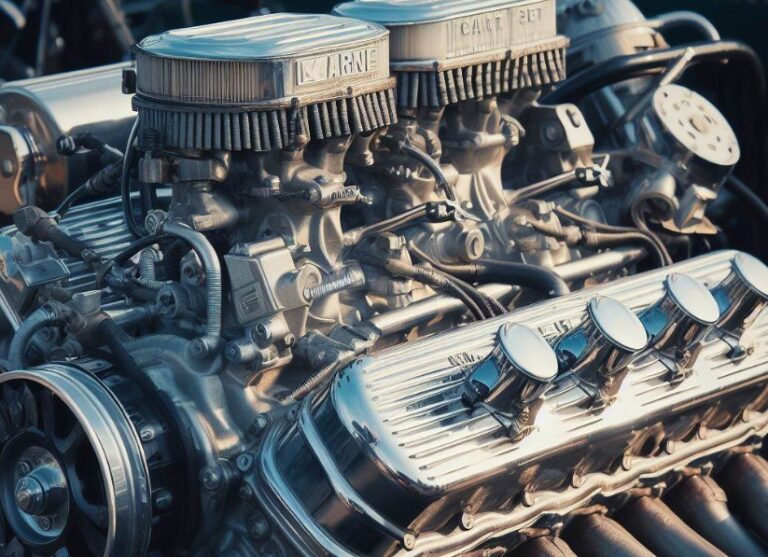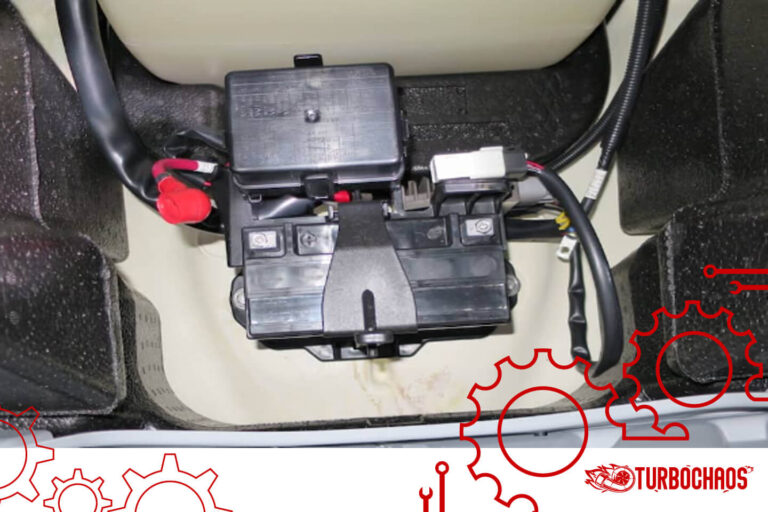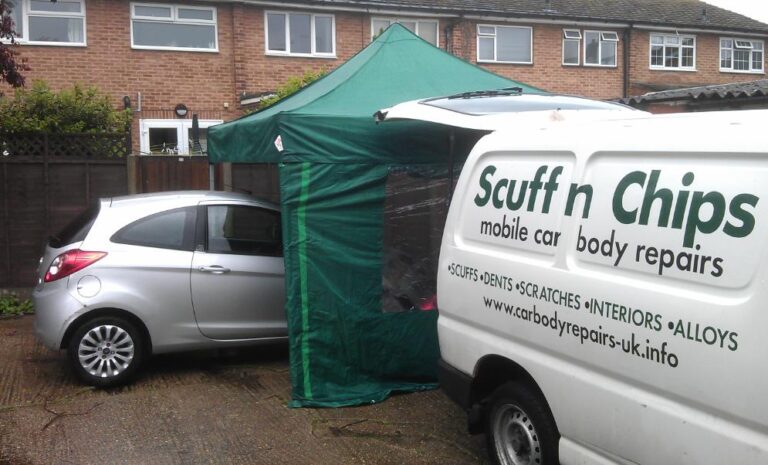Can Ethanol Be Used In Petrol Engines? Good Or Bad?
Find out the answer to the question Can Ethanol Be Used In Petrol Engines? Although pure ethanol, often known as E100 or 100% ethanol, may potentially be used to power cars, it isn’t usually done for a variety of reasons:
Because it burns more slowly than gasoline, ethanol is bad for cold-starting. If you’re interested, it has a higher octane. In the cold, pure ethanol would be useless as a fuel.
E100 could harm your car’s engine because passenger automobiles aren’t built to take it (although certain racing cars are). FFVs run on gasoline or ethanol and can only accept up to E85. 100% ethanol is difficult to find.
It can technically be consumed as a highly potent alcoholic beverage. Fuel alcohols must conform to US rules and be diluted to 95.5% to be unusable.
Additionally, ethanol would be liable to liquor tax and alcohol duty unless it is combined with gasoline.
Therefore, ethanol is blended with gasoline to create E85, the most popular biofuel in the United States, typically 85% ethanol to 15% gasoline.
The fuel with the highest ethanol content offered in the US is E85, while in warm Brazil, it is E95, making it easier to start a car in the winter.
Can Ethanol Be Used In Petrol Engines?
Ethanol can be utilized in gasoline engines due to its comparable combustion properties. While some engines utilize gasoline that has been somewhat combined with ethanol, others use just ethanol.
Ethanol is added to gasoline for several reasons. One of the most significant benefits of using ethanol is the decrease in emissions.

Will Ethanol Damage My Vehicle Or Affect Its Performance?
In water, most metal parts in fuel systems will corrode or rust. The capacity of gasoline to absorb water without separating is increased by ethanol.
As a result, gasoline that contains ethanol can “hold” more water and transport it through the engine. The ability to ‘hold’ water increases with ethanol content.
Numerous studies that looked at the impact of E10 on gasoline tanks and other fuel system parts concluded that under typical operating conditions, ethanol concentrations up to 10% do not promote corrosion.
A car engine’s rubber parts may degrade due to ethanol mixtures. Benzene and other additives may potentially have an impact.

E10 can occasionally dislodge deposits in fuel tanks and fuel lines in older vehicles, and this residue can clog the fuel filter. A replacement of the gasoline filter corrects this.
An engine could stall if excessively high ethanol fuel is utilized. Additionally, fuel system material compatibility issues could arise from using E10 gasoline in E5-compliant automobiles.
Reasons Why Ethanol Blended Petrol Is Not Recommended For Use In Some Older Vehicles?
The main justifications automakers give for not advising the use of any ethanol/petrol blended fuels in cars produced before 1986 are outlined in the following information.
This information also applies to automobiles made after 1986 prohibited from using gasoline combined with ethanol.
Many crucial chemical and physical characteristics of ethanol must be considered while designing a vehicle.
Carburettor Equipped Engines
Carburetors and steel gasoline tanks were the most common features of pre-1986 automobiles.
Because ethanol contains more oxygen molecules in its chemical structure, using ethanol-blend gasoline in engines affects the air/fuel ratio.
Carburetor fuel systems in some vehicles may have problems managing hot fuel. This is due to the increased likelihood of vapor lock or hot restartability issues and the higher vapor pressure of fuel containing ethanol (if the base fuel is not chemically corrected).
Ethanol damages other fuel system components and metallic and rubber fuel lines when used as a solvent. Additionally, due to ethanol’s affinity for water, gasoline tanks and fuel lines may corrode.
The corrosion that results in rust might eventually stop the gasoline supply, rendering the engine unusable. The engine may hesitate and run erratically due to water in the fuel system.
Fuel Injected Engines
In addition to the problems previously described for engines with carburetors, using ethanol-blend gasoline in fuel injection systems would hasten the corrosion of parts, including injector seals, delivery pipes, and fuel pumps and regulators.
The lean-out effect of gasoline containing ethanol may not be adequately compensated for by mechanical fuel injection systems and older electronic systems, causing hesitation or flat patches during acceleration. Starting issues and hesitancy following a cold start are possible outcomes as well.
Exhaust And Evaporative Emission Levels
The oxygenating effect of the ethanol in the gasoline may cause lean-out, which could impact exhaust emissions.
The fact that ethanol-containing fuel can increase permeation emissions from fuel system parts, particularly those approximately 20 years old, is more concerning.
As a result, if the base fuel is not chemically corrected during the refining step, the increased vapor pressure of fuel containing ethanol will result in increased evaporative emissions.
Conclusion
Ethanol can be used in petrol engines. You could if the engine was heavily modified, especially the fuel system, but you probably wouldn’t like it.
You will get worse fuel mileage since it dislikes cold starting and even freezing weather and requires roughly twice as much ethanol fuel as gasoline to get the proper fuel combination.
Our engine uses methanol, which has properties comparable to ethanol’s, but we utilize it for more power, and the ‘drivability ‘could be better.
Frequently Asked Questions
Is ethanol safe for petrol engines?
No. Using ethanol blends like E10 by drivers also helps cut back on harmful emissions. More than 90% of cars made after 2000 are compatible with E10, and all gasoline vehicles in Europe can run on up to 5% ethanol.
Can ethanol damage your engine?
Regular usage of gasoline containing ethanol can seriously harm engines. It is highly water-soluble and caustic, which frequently causes storage issues. Rust, fuel deterioration, and other issues might result from water remaining in the fuel system.
Can ethanol be used in existing engines?
Low-level mixes of E10 or below can be utilized in any regular gasoline vehicle without additional fueling equipment.
What happens if ethanol is added to petrol?
Significant amounts of oxygen are present in ethanol. Therefore, the blending is solely intended to make fuel combustion more efficient, reducing emissions without affecting the vehicle’s performance or health.

Welcome to the exhilarating world of Matt Rex, a professional car racer turned renowned vehicle enthusiast. Immerse yourself in his captivating blog as he shares heart-pounding adventures, expert reviews, and valuable insights on cars, trucks, jets, and more. Fuel your passion for speed and discover the beauty of vehicles through Matt’s engaging stories and meticulous expertise. Join the ever-growing community of enthusiasts who find inspiration and expert advice in Matt Rex’s blog—a digital hub where the thrill of speed meets the pursuit of knowledge.


![Yamaha SUV 1200 4-Stroke Conversion [Explanation]](https://www.turbochaos.com/wp-content/uploads/2023/08/Yamaha-SUV-1200-4-Stroke-Conversion-768x512.jpg)
![Who Makes Power More Engines? [Answered]](https://www.turbochaos.com/wp-content/uploads/2023/11/Who-Makes-Power-More-Engines-768x521.jpg)



